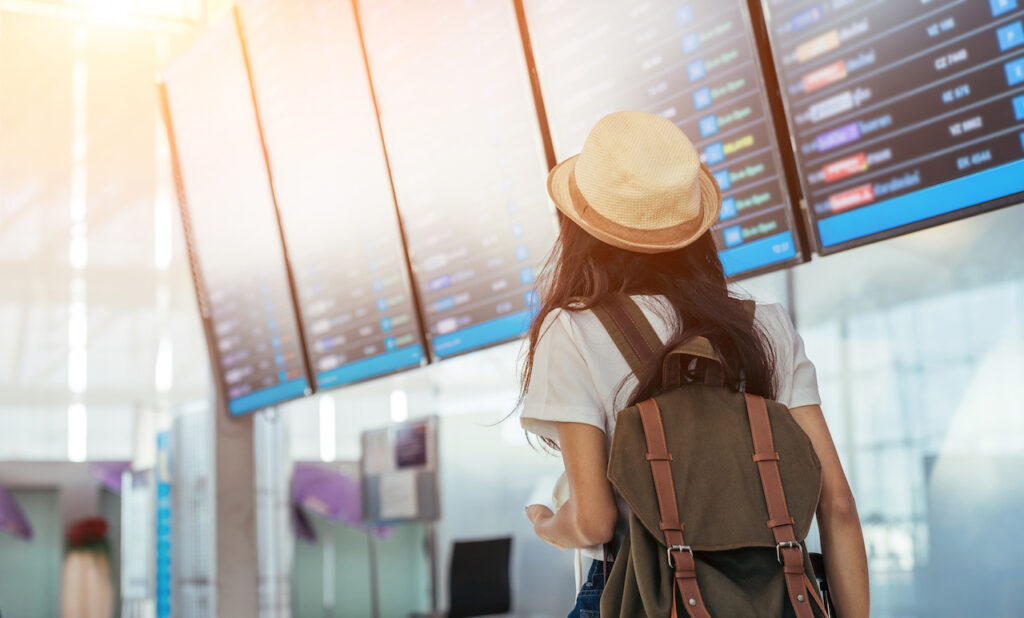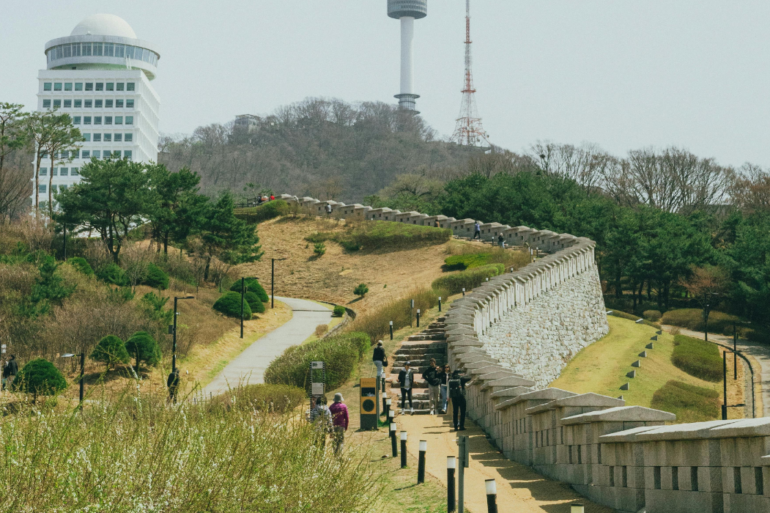Good news: Yearbook is not listed in the revised rules.
The Inter-Agency Council Against Trafficking (IACAT) of the Bureau of Immigration recently issued a revised set of departure guidelines or requirements for various categories of travelers to be rolled out on September 3.
One of the prudent practices when you’re traveling from the Philippines is to be at the airport three to four hours before your flight—come later and you will most likely have to make a run for it or miss your flight entirely.
Even if you’re early, the unspoken rule is you do not post anything about your trip on social media until you get past immigration, to save yourself from potential embarrassment.
Among 30,000 Filipino travelers who were offloaded or questioned by immigration officers in 2022, less than 4.2% were related to human trafficking.
Human trafficking is cited as the main reason behind the stringent (and at times, confusing and redundant) processes at the Bureau of Immigration (BI).
However, among 30,000 Filipino travelers who were offloaded or questioned by immigration officers in 2022, less than 4.2% were related to human trafficking. For this, BI has been criticized for its wanton abuse of power and its disregard of Filipinos’ right to travel.
Filipinos are not foreign to the horror stories on arbitrary cases of offloading by immigration officers, but being asked to present a yearbook and a graduation photo really takes the cake. Early this year, a Filipino traveler had to spend P27,000 to rebook her flight to Israel after spending more than an hour being questioned by an immigration officer and missing her flight.
“It is of paramount importance to emphasize that the Revised Guidelines have been formulated not to encroach upon the fundamental right to travel, but to serve as a protective bulwark shielding our fellow citizens from the dire perils of human trafficking,” said IACAT.
With the new guidelines, 95% of travelers will be required to present only basic documents which include a valid passport, valid visa when required, boarding pass, and confirmed return ticket or roundtrip ticket when necessary.
Depending on the type of traveler, supporting documents may be required in addition to the basic documents.
Self-funded travelers should come prepared with proof of accommodation abroad, employment in the Philippines, and financial capacity or source of income. Those sponsored by relatives or others abroad may be asked to show birth or marriage certificates, and other documents that show their relationship to the sponsors including a notarized affidavit of support and guarantee.



If a traveler is sponsored by a non-relative or a juridical entity (such as a company), they may be asked to show a notarized affidavit of support and guarantee, and a document showing the relationship between the passenger and sponsor. OFWs will still need to show their OFW clearance from the Department of Migrant Workers as they used to. This is usually interchangeable with Overseas Employment Certificate. Work permit and employment contract may also be required.
Reactions on social media range from calling the new rules redundant to ridiculous.
Many say that if travelers have a visa, it means the embassy of their destination has already vetted them, that they’ve submitted all these requirements and passed the embassy’s rules.
Others are questioning the security of submitting bank statements to immigration officials, also citing privacy laws.
Some are asking what travel for tourism purposes have to do with human trafficking—when a lot of it is happening domestically with sex tourists coming to the Philippines to prey on minors.
To address the worries about missing their flights, travelers will ideally undergo only a 45-second primary inspection and, if necessary, a 15-minute secondary inspection.
This may extend only for extraordinary circumstances. IACAT head Nicholas Ty also said that travelers may complain to the agency if they miss their flights due to lengthy inspections with immigration officers.








